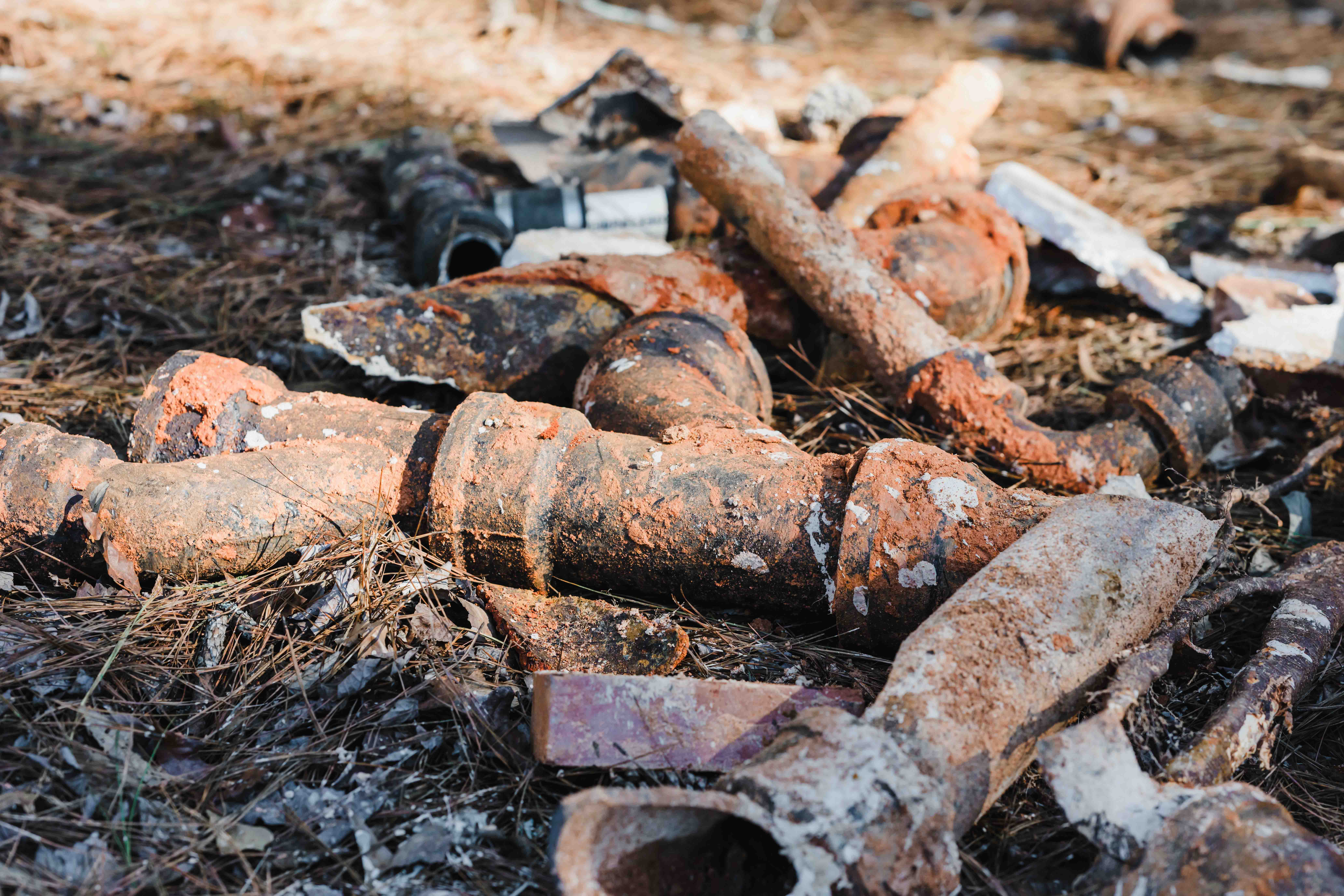Galvanic corrosion occurs when two different metals come into electrical contact in the presence of an electrolyte (such as water). When this happens, one metal will corrode more rapidly than the other. This is because a galvanic cell is formed between the two metals, where one acts as the anode (the metal that corrodes) and the other as the cathode (the metal that is protected).
In plumbing systems, this typically happens when dissimilar metals, such as copper and steel, are connected together. The more active metal (the one that corrodes) loses electrons and slowly deteriorates, leading to pitting, leaks, and even system failure if left unchecked.

How Does Galvanic Corrosion Affect Your Plumbing?
Galvanic corrosion can cause serious damage to your plumbing system over time, leading to issues such as
Leaking Pipes: As the metal corrodes, it creates small holes or cracks in the pipe, leading to leaks that can cause water damage and increased water bills.
Weakened Structural Integrity: Corroded metal becomes weaker and less durable, making it more prone to breaking, bending, or collapsing under pressure.
Reduced Lifespan of Plumbing Fixtures: Galvanic corrosion doesn’t just affect pipes – it can also damage valves, faucets, and other plumbing fixtures, shortening their lifespan and causing costly repairs or replacements.
Water Quality Issues: Corrosion can cause your water to become discolored or even introduce harmful contaminants into the water supply, affecting both its taste and safety.

Call us at 770-GO-ROYAL and we can assess the extent of damage and help you get your plumbing system to the state it needs to be in.

Contact Royal Flush Plumbing today - 770-GO-ROYAL
Royal Flush Plumbing is committed to serving our community with reliable, professional plumbing services. With licensed, experienced technicians and prompt service, Royal Flush Plumbing is ready to help with repairs, inspections, and preventative maintenance.


